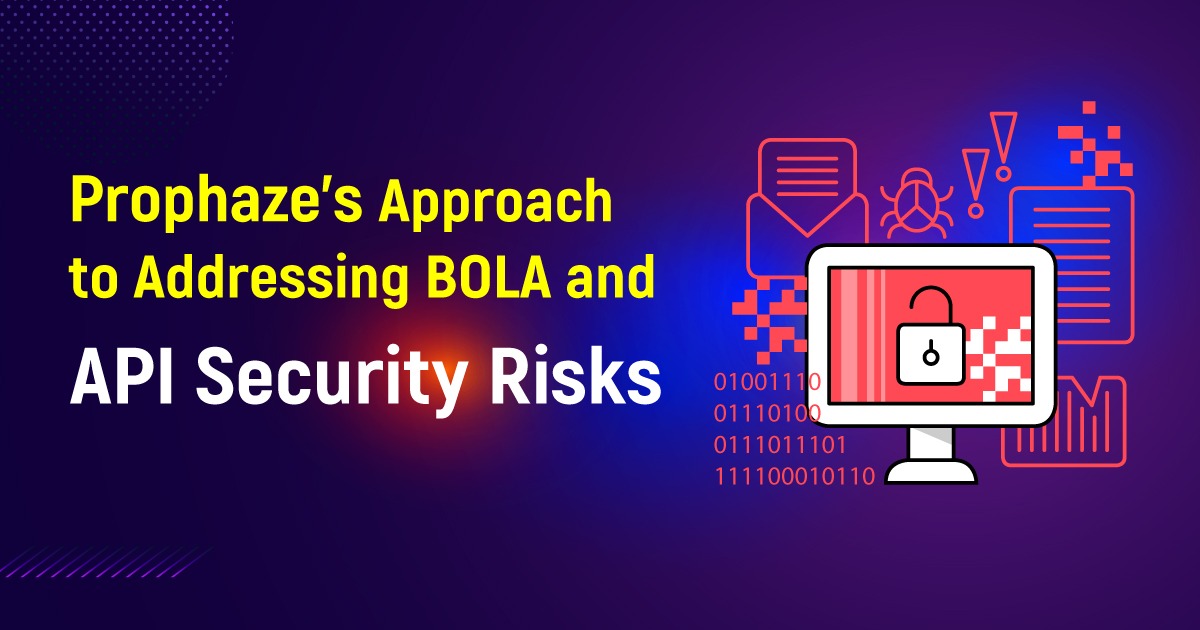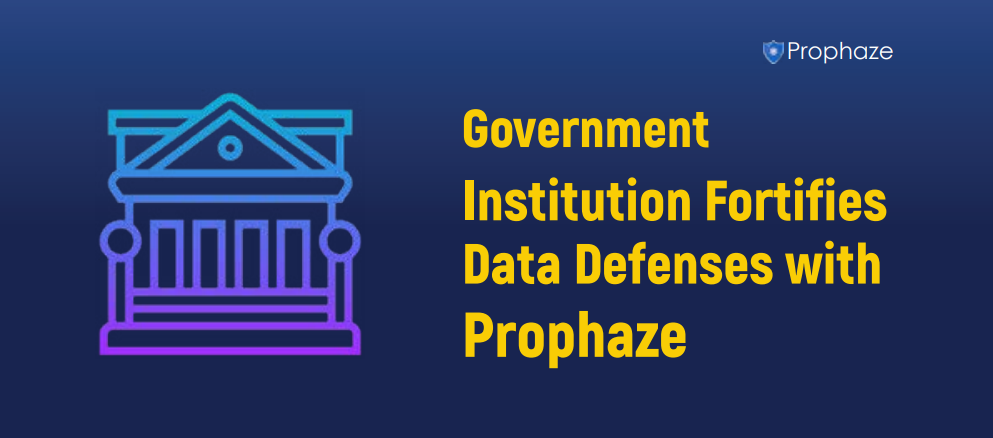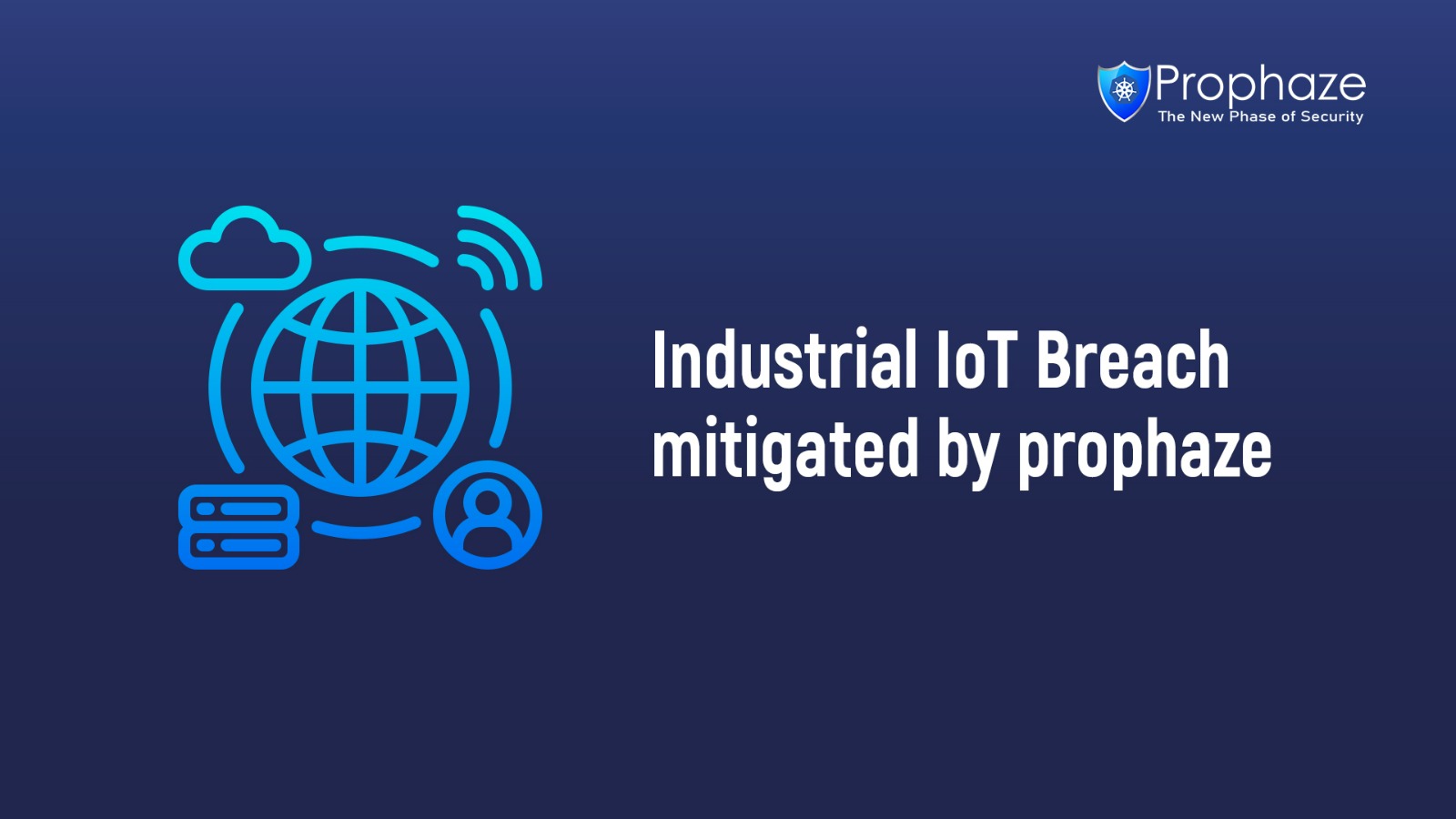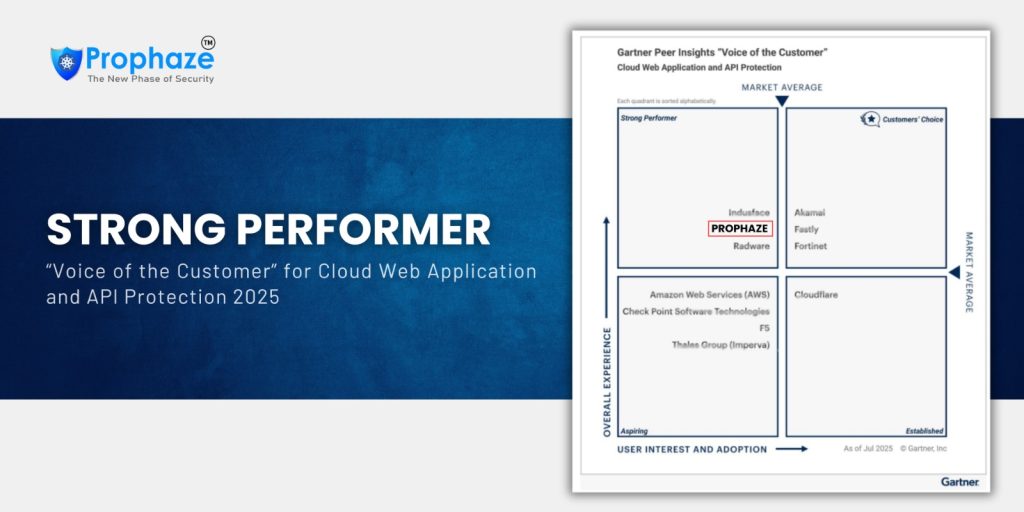In recent years, the proliferation of APIs (Application Programming Interfaces) has revolutionized how software systems interact, enabling seamless data exchange and empowering innovative applications. However, this rapid expansion in API usage has brought new challenges regarding security vulnerabilities and threats. As organizations strive to maintain robust cybersecurity postures, understanding the evolving landscape of API security becomes paramount.
The Landscape of API Security
As organizations embrace digital transformation, the reliance on APIs for communication between applications and services has surged. This increased connectivity brings security challenges, with unauthorized access and data breaches posing significant risks. Prophaze recognizes the importance of comprehensive API security strategies to safeguard against such threats.
Prophaze provides a comprehensive analysis of the current state of API security, highlighting key trends, vulnerabilities, and recommended strategies for mitigating risks. The report combines empirical data, industry benchmarks, and Prophaze’s expertise to offer actionable insights into safeguarding APIs against cyber threats.
BOLA Vulnerability Trends:
The report reveals a significant increase in Broken Object Level Authorization (BOLA) vulnerabilities, with a staggering 35% rise compared to the previous year. This surge underscores the pressing need for organizations to address BOLA risks effectively.
Authentication Challenges:
Authentication-related vulnerabilities continue to pose substantial risks, with 28% of reported API security incidents attributed to weaknesses in authentication mechanisms. Improving authentication practices remains a top priority for ensuring API security.
Rise of Server-Side Request Forgery (SSRF):
The report highlights a concerning trend in SSRF attacks, with a 20% uptick in reported incidents. Attackers exploit SSRF vulnerabilities to manipulate server requests, posing serious threats to API integrity and data confidentiality.
Impact of Misconfigurations:
Security misconfigurations persist as a prevalent issue, accounting for 15% of API security breaches. Proper configuration management and regular audits are essential to effectively mitigate misconfiguration risks.
Understanding BOLA and Its Implications
Broken Object Level Authorization (BOLA) represents a critical vulnerability where APIs grant access to data objects without proper authorization checks. This flaw can lead to unauthorized access, data leaks, and exploitation of sensitive functionalities. Prophaze emphasizes the need for proactive measures to mitigate BOLA risks effectively.
Prophaze's Recommendations for Enhanced API Security

Prophaze advocates for a proactive and multifaceted approach to API security. The following recommendations aim to strengthen API defenses and mitigate emerging threats:
Enhance Authentication Mechanisms:
Adopt multi-factor authentication (MFA), OAuth, and OpenID Connect protocols to bolster authentication security and prevent unauthorized access attempts.
Regular Security Audits and Penetration Testing:
Conduct regular audits, vulnerability assessments, and penetration testing to proactively identify and remediate API vulnerabilities.
Secure API Gateways:
Implement robust API gateways with built-in security features such as rate limiting, payload validation, and API key management to protect against malicious attacks.
Monitor and Analyze API Traffic:
Utilize API monitoring tools and security analytics platforms to detect anomalies, suspicious activities, and potential security breaches in real time.
Navigating the Complexities of API Security
As organizations embrace digital transformation and leverage APIs to drive innovation, ensuring robust API security becomes a strategic imperative. Prophaze’s commitment to addressing vulnerabilities like BOLA through robust security measures and proactive strategies underscores its dedication to enhancing API security standards. By staying vigilant, implementing best practices, and leveraging advanced security solutions, organizations can navigate the complexities of API security with confidence and resilience.












